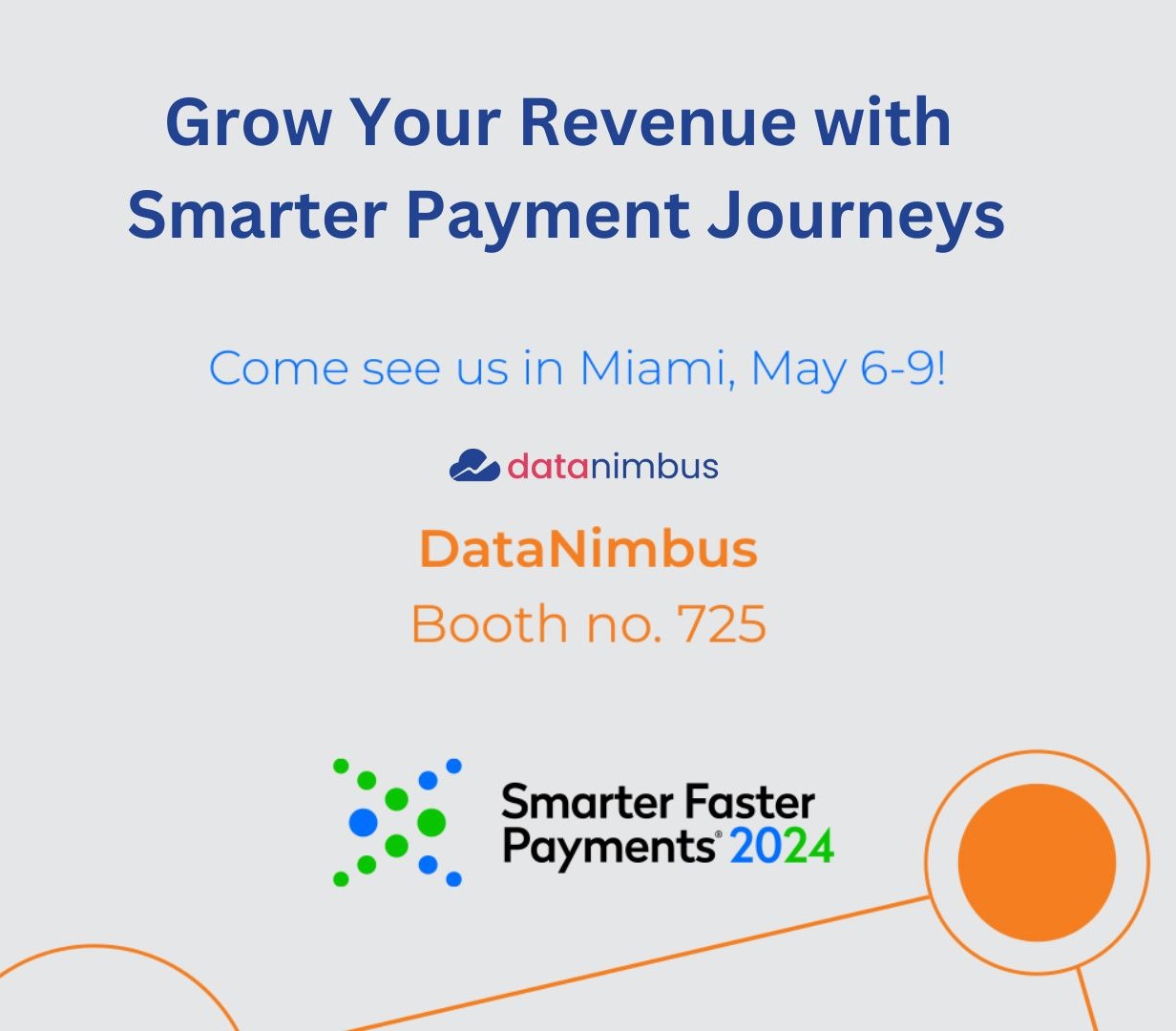Introduction
In the previous article, we explored the fundamentals of Integration Platform as a Service (iPaaS). We discussed how iPaaS revolutionizes the way businesses connect their diverse applications and systems, offering a cloud-based solution for streamlined integration. We highlighted the key features of iPaaS, the benefits it delivers, and best practices for embarking on your iPaaS journey.
Now, let’s dive deeper! This article will showcase the practical power of iPaaS through real-world use cases in different industries. We’ll also help you navigate the iPaaS landscape and understand the trends shaping the future of this transformative technology.
iPaaS Use Cases
The versatility of iPaaS makes it a cornerstone technology across a multitude of industries. Let’s illustrate its practical impact with some key use cases:
- E-commerce:
- Order Processing Automation: Sync real-time order data from your e-commerce platform with inventory management, shipping, and accounting systems to streamline fulfillment and ensure timely customer updates.
- Customer Data Synchronization: Create a 360-degree customer view by integrating your e-commerce platform with CRM, marketing automation, and customer support tools. This leads to personalized experiences and increased customer loyalty.
- Healthcare:
- Patient Data Exchange: Improve patient care coordination by securely integrating Electronic Health Records (EHRs) with lab systems, imaging portals, and other healthcare providers.
- Insurance Claim Processing: Automate claims processing workflows by connecting EHRs, billing systems, and insurance provider databases.
- Finance & Accounting:
- ERP Integration: Seamlessly connect your Enterprise Resource Planning (ERP) system with payroll, expense management, and CRM software to gain financial insights across your entire organization.
- Accounts Payable Automation: Centralize vendor data, streamline invoice processing, and automate approvals with integrations between your ERP and AP software.
These examples illustrate the power of iPaaS to eliminate data silos, automate critical processes, and enhance decision-making in diverse business contexts.
Choosing the Right iPaaS Platform
The iPaaS market offers a rich and ever-evolving landscape of solutions.
At Datanimbus we have our own iPaaS solution called DataNimbus.io. DataNimbus.io is a cloud-based iPaaS (Integration Platform as a Service) provider specializing in payment modernization and financial solutions.
Key Features of DataNimbus.io
- API-Driven Architecture: Facilitates easy connection and integration of various payment systems and data sources.
- Data Management: Tools for data integration, cleansing, transformation, and governance to ensure data quality and consistency.
- AI-Powered Insights: Data analytics and reporting to gain insights into payment trends, and performance.
- Security and Compliance: Adherence to security standards ensuring the protection of sensitive financial data.
- Focus on Payments: Specializes in handling complex payment workflows, fraud detection, and real-time payment processing.
One of the great things about a capitalist market is the competition it fosters! This drives innovation and gives us great options. Speaking of options, here are some other iPaaS providers and what makes them unique:
- Oracle Cloud Infrastructure: Known for its enterprise-grade security, exceptional performance for high-volume workloads, and seamless integration with existing Oracle database and application stacks.
- MuleSoft Anypoint Platform: MuleSoft delivers a comprehensive suite of integration tools with an API-centric approach. Its strengths include API management, advanced security, and support for both cloud and on-premises systems.
- TIBCO Cloud: Combines TIBCO’s integration expertise with the flexibility and scalability of the cloud, providing a user-friendly experience with pre-built connectors and low-code capabilities.
- Dell Boomi: A pioneer in the field, Boomi provides a mature and scalable platform. It’s known for its user-friendly interface, broad connector library, and hybrid integration capabilities.
- Workato: Workato caters to a wide range of businesses, offering a user-friendly, “recipe-based” integration approach. It excels in process automation and citizen integrator enablement.
- IBM App Connect: With a focus on large enterprises, IBM App Connect provides deep customization options, legacy system support, and robust security and compliance features.
The Future of iPaaS
The field of iPaaS is continually evolving to meet the ever-changing integration needs of businesses. Here are some of the key trends shaping the future of this transformative technology:
- AI-powered Integration: Artificial intelligence and machine learning will play an increasingly pivotal role in iPaaS. From intelligent data mapping recommendations to automating repetitive tasks, AI will streamline integration processes, boost efficiency, and uncover hidden insights within data flows.
- Enhanced Multi-Cloud Integration: As more businesses adopt hybrid and multi-cloud strategies, iPaaS platforms will offer unparalleled flexibility in connecting workloads across various cloud providers and on-premises systems. Seamless data orchestration within complex cloud environments will become essential.
- Increased Emphasis on Democratization: Low-code/no-code iPaaS solutions will empower ‘citizen integrators’ within various business departments. Intuitive tooling and simplified interfaces will foster greater autonomy, driving rapid innovation.
- Focus on IoT and Real-Time Processes: iPaaS will underpin the growing connectivity between IoT devices and enterprise systems. Real-time data flows and instant response capabilities will enable smart factories, connected supply chains, and a wide range of cutting-edge applications.
- Hyper Automation: iPaaS sits at the heart of hyper automation trends, facilitating the orchestration of multiple automated processes and systems. It will provide the vital connective tissue and flexibility required for end-to-end automation initiatives.
Evolving to Meet Future Needs
iPaaS providers are poised to become even more adaptable and intelligent platforms. Continuous advancements in areas like containerization, serverless functions, and API-led connectivity will empower organizations to embrace future technology shifts effortlessly. The emphasis on robust security, comprehensive data governance, and adherence to evolving regulations will further strengthen the trust and resilience businesses place in iPaaS solutions.
Summary: Embracing iPaaS for Integration Success
In today’s interconnected landscape, Integration Platform as a Service (iPaaS) emerges as the game-changer in simplifying cloud integration and driving greater business agility. This comprehensive guide has explored the core benefits of iPaaS, from reducing costs and accelerating time-to-market to ensuring scalability and enhanced data visibility. It also unveiled practical use cases spanning e-commerce, healthcare, and finance to illustrate the transformative potential of iPaaS.
To fully capitalize on this technology, we delved into best practices for successful iPaaS implementation and offered a glimpse into the future of this dynamic field. Now is the time to take action:
- Explore iPaaS Providers: Investigate leading vendors and find the platform that aligns with your specific needs and industry requirements.
- Adopt Best Practices: Ensure a smooth journey by following proven implementation approaches, prioritizing security, and empowering stakeholders.
- Discover Use Cases: Get inspired by real-world iPaaS success stories that illustrate the broad impact across various industries.
The shift towards iPaaS isn’t a question of “if” but “when.” Harness the power of seamless integration to optimize your operations, unlock value, and stay ahead of the curve in the ever-evolving digital landscape.




